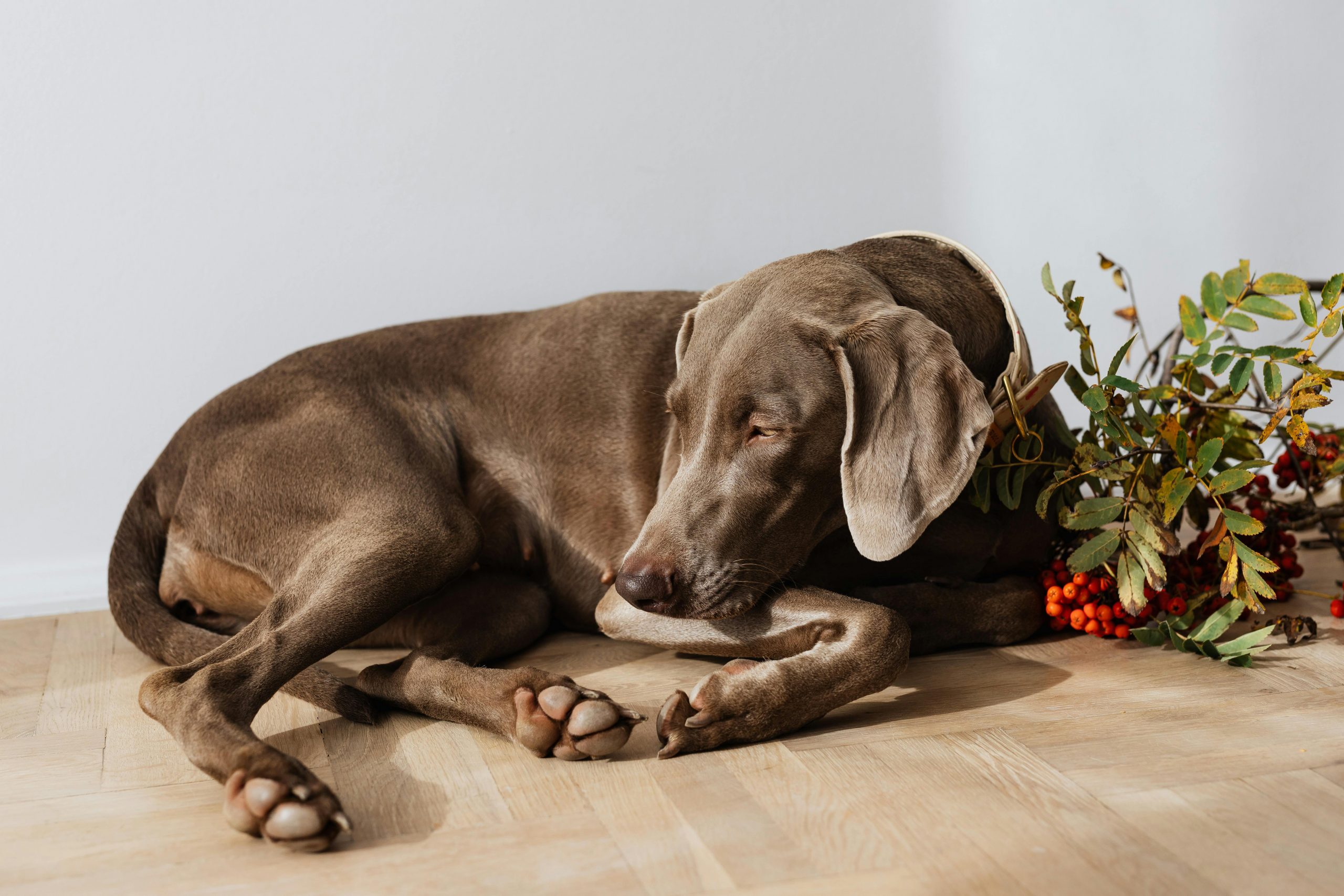Understanding the inner workings of a dog’s mind can be fascinating, especially when it comes to the phenomenon of dreaming. Just like humans, dogs experience dreams, and these can be rich, vivid experiences that reflect their daily activities, interactions, and emotions. As we continue to explore and appreciate the complexities of canine behavior and cognition, the traditional term “dog owner” seems increasingly inadequate. Instead, “dog guardian” or “dog parent” better encapsulates the depth of care and commitment involved in nurturing a dog. These terms reflect a more modern understanding of dogs as sentient beings with emotional and psychological needs, emphasizing the responsibility to provide for and protect them. This article delves into seven surprising facts about dogs’ dreams, providing insights into what might be happening in their minds as they twitch and murmur in their sleep.

1. Dogs Experience REM Sleep
Dogs, like humans, enter a stage of sleep known as Rapid Eye Movement (REM) where dreams typically occur. During REM sleep, a dog’s brain activity increases, and their eyes move behind closed eyelids, indicating that they are dreaming. This phase is essential for cognitive functions such as memory consolidation and processing emotions. Observing a dog during REM sleep, you might notice twitching limbs or whimpering, signs that they are engaged in a dream.
2. Puppies Dream More Than Adult Dogs
Interestingly, puppies seem to dream more frequently than their adult counterparts. This is likely due to the immense amount of new information they absorb each day. Just as in human infants, sleep and dreams help puppies process and integrate these experiences into their long-term memory. Guardians of puppies might notice more frequent twitching or paddling movements as their pets dream about their daily adventures.
3. The Length and Frequency of Dreams Vary by Size
The size of the dog can influence the duration and frequency of their dreams. Smaller breeds tend to have shorter, more frequent dreams, while larger breeds might dream less often but for longer periods. This variation may be related to the different metabolic rates and brain structures across breeds, affecting how they process information during sleep.
4. Dogs Likely Dream About Daily Activities
While we can’t know for sure what dogs dream about, scientific studies suggest that like humans, dogs probably dream about their everyday experiences. This might include chasing a ball, going for walks, or interactions with their family. This understanding helps dog guardians appreciate the richness of their dogs’ internal lives and encourages them to provide diverse, stimulating experiences that could enrich their pets’ dream content.
5. Negative Dreams Can Occur
Just as dogs can have happy dreams, they can also experience nightmares. If a dog seems distressed during sleep—whining, growling, or showing signs of fear—it might be having a bad dream. Guardians should provide a safe, comforting sleeping environment and reassurance after they wake, which can help mitigate stress and anxiety.
6. External Stimuli Can Influence Dreams
External sounds or smells can be incorporated into a dog’s dreams, similar to how humans might incorporate an alarm sound into a dream. If you speak to your dog during sleep, they might even dream about you. Understanding this can help dog guardians create a peaceful sleeping environment that promotes positive dreams.
7. You Can Influence the Quality of Your Dog’s Dreams
The experiences and emotions that dogs have during their waking hours can affect what they dream about. A day filled with love, play, and security is likely to lead to pleasant dreams, while a stressful day might lead to less restful sleep. This highlights the role of a dog guardian in shaping not just the waking experiences of their dogs but also their subconscious experiences during sleep.

The dreams of dogs are more than just a curious quirk of their sleep; they are a window into their emotional lives and cognitive processes. Understanding and appreciating the complexity of dogs’ dreams reinforces why the term “dog guardian” is more appropriate than “dog owner.” It emphasizes the responsibility to care for the emotional and psychological well-being of these cherished family members, ensuring their days—and nights—are as fulfilling and happy as possible.
 Toledo, United States.
Toledo, United States.